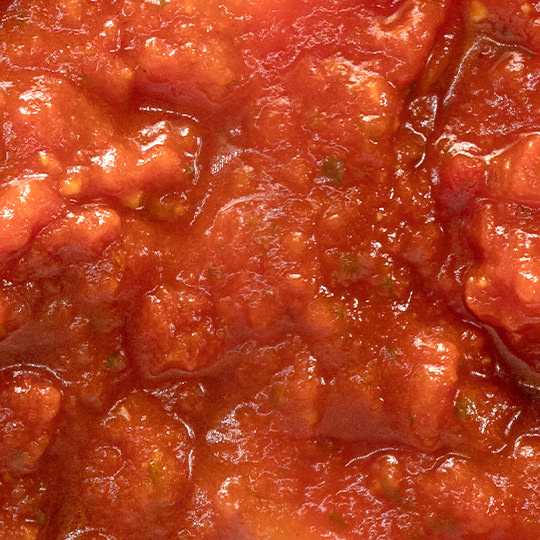
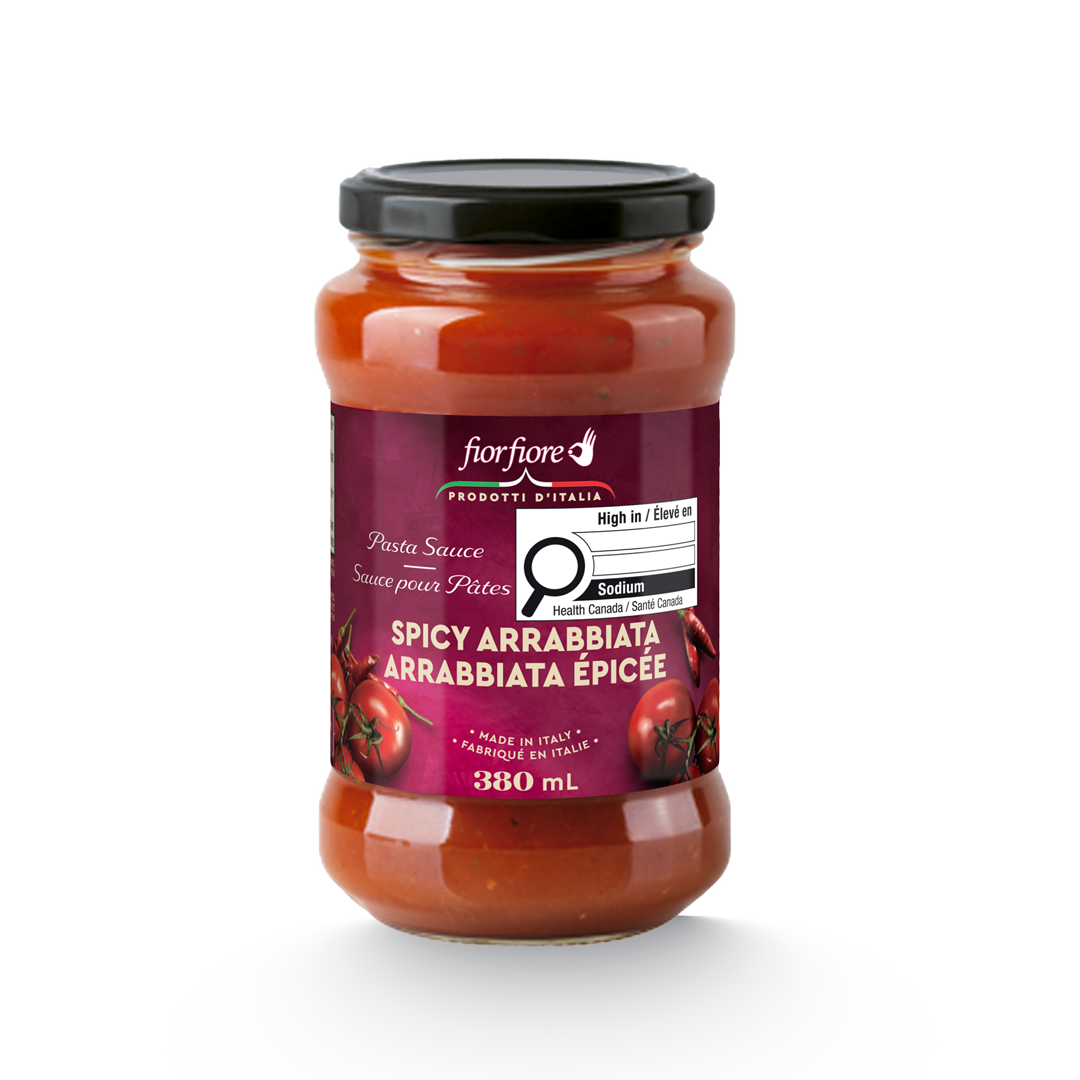

Arrabbiata Sauce 380 ml
Arrabbiata is a spicy sauce, typical of the city of Rome and more generally of the Lazio region. The name, which means “angry”, describe the spicy character of this sauce. It might make one’s face red, as when they are raging mad. In Rome, penne all’arrabbiata are a typical late night dish, when meeting up with friends and the night is still young, you improvise a quick, easy snack.
The Heart of Italian Tradition, in Every Jar
- In Italy, tomato sauce isn't just an ingredient – it's a ritual. From the sun-drenched fields of the South to family kitchens across the country, tomatoes are transformed into rich, velvety sauces that bring warmth and authenticity to every dish. At the core of our recipes lies a simple yet powerful blend: fresh Italian tomatoes, extra virgin olive oil, and a slow-cooking process that enhances every note of flavor.
- The essence of Italian cooking. Whether paired with meat ragù, seafood, hearty soups, or the perfect pizza, our tomato sauces are crafted to honor generations of Italian culinary tradition. Each jar captures the essence of Italian cooking – enriched with the aromas of basil, ricotta, olives, peppers, and chili – and designed to elevate your pasta dish from simple to unforgettable.
- Did You Know? Tomato sauce first appeared in Italian cookbooks in 1690, but it wasn’t paired with pasta until 1839. Thanks to Lazzaro Spallanzani’s preservation techniques in 1762, Italians could finally enjoy tomato sauce year-round – turning it into a true staple from Naples to Parma.

Ingredients
Tomato Pulp, Onion, Extra Virgin Olive Oil, Sunflower Oil, Garlic, Basil, Salt, Modified Corn Starch, Chilli, Black Pepper, Natural Flavours.
May Contain: Milk, Fish (swordfish, tuna, anchovies, golden sardine), Molluscs (clams, cuttlefish), Pine Nuts, Walnuts, Cashews, Pistachios, Almonds.
Preparation
Empty contents into a pan. Heat gently and stir into cooked pasta and serve immediately.
| Nutrition Facts | Per 1/2 cup (125mL) | % Daily Value* | Read more | |
|---|---|---|---|---|
| Calories | 73 | |||
| Fat | 3 g | 4 % | ||
| Saturated | 1 g | 3 % | ||
| + Trans | 0 g | |||
| Carbohydrate | 9 g | |||
| Fibre | 3 g | 9 % | ||
| Sugars | 5 g | 5 % | ||
| Protein | 2 g | |||
| Cholesterol | 0 mg | |||
| Sodium | 428 mg | 19% | ||
| Potassium | 376 mg | 8% | ||
| Calcium | 21 mg | 2% | ||
| Iron | 4 mg | 23% |
*5% or less is a little, 15% or more is a lot.
Recipes
Rome; the Eternal City
Rome, the capital of Italy, is located in the region of Lazio. Among its treasures are the Trevi Fountain, the Piazza di Spagna and the immortal legacies of the Roman Empire, from the Colosseum to the Pantheon. It is also a land rich in flavors and typical dishes, coming from simple peasant traditions: from sausages to cheeses, from fruit to vegetables.
The dishes of Roman culture were aimed at supporting those who worked in the fields from very early in the morning until sundown, every day.
Typical Roman ingredients that accompanied these peasants are the famous pecorino cheese, bucatini and ricotta. The dishes that are now known all over the world are Carbonara, born from the union of eggs and bacon supplied by American troops during the allied liberation of Rome, pasta alla Gricia, all’arrabbiata, alla matriciana with the tasty bacon from Amatrice, artichokes alla Giuditta and tripe.
The undisputable link between the Eternal City and food is also immortalized by the movie, "An American in Rome", with the actor Alberto Sordi intent on eating a large plate of pasta. An iconic scene that symbolizes Italian food all over the world.
Roman Forum, Rome.
You might also like...
Submit your review | |
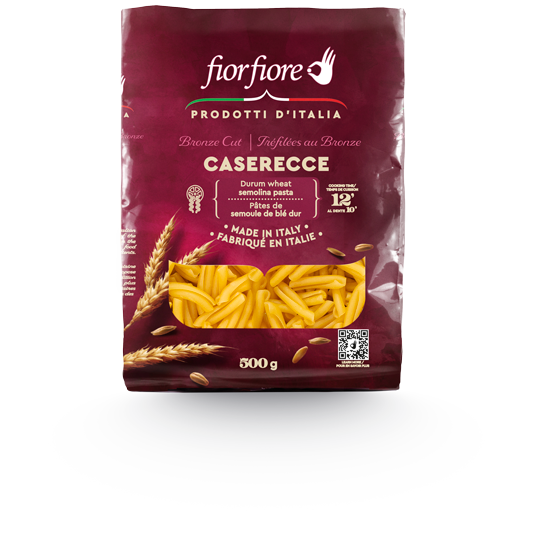
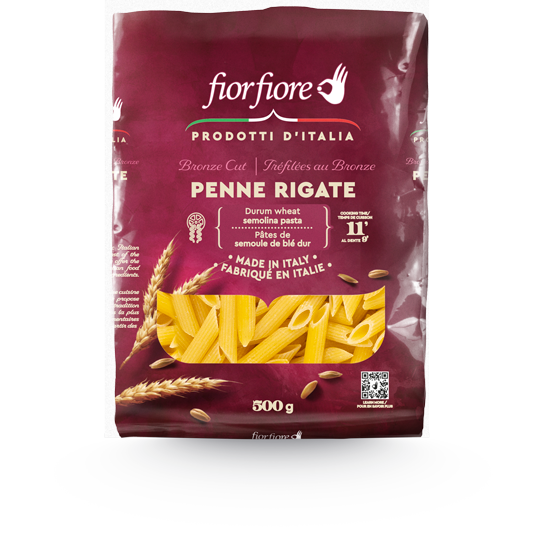
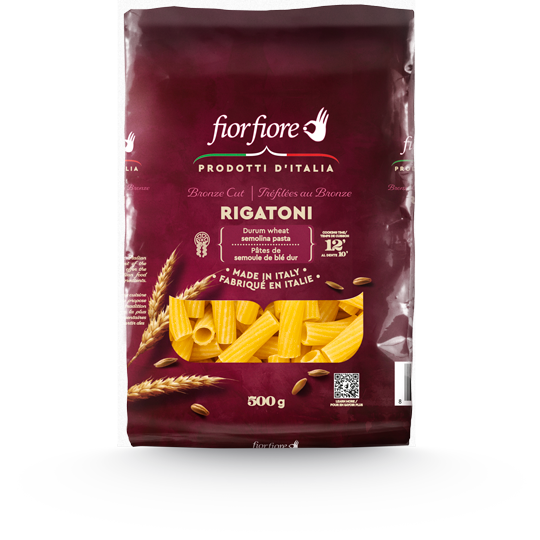
 FiorFiore USA
FiorFiore USA